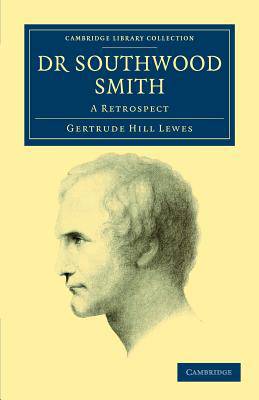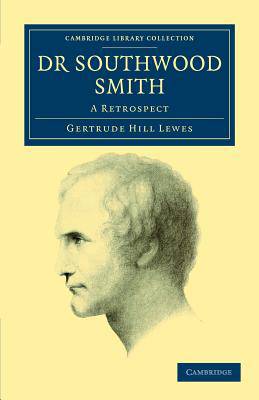
- Afhalen na 1 uur in een winkel met voorraad
- Gratis thuislevering in België vanaf € 30
- Ruim aanbod met 7 miljoen producten
- Afhalen na 1 uur in een winkel met voorraad
- Gratis thuislevering in België vanaf € 30
- Ruim aanbod met 7 miljoen producten
Zoeken
Omschrijving
Thomas Southwood Smith (1788-1861) was a minister, physician and social reformer, who considerably improved the health of the poor by linking sanitation with epidemics. A utilitarian, and friend of Jeremy Bentham, his arguments in The Use of the Dead to the Living (1827) helped lead to the Anatomy Act of 1832 which allowed corpses from workhouses to be sold to medical schools, and so ended the market for grave-robbers while improving medical education. Although the fame of his granddaughter, Octavia Hill, has eclipsed his own reputation, Southwood Smith was an important figure in his day, whose work initiated many public health reforms. He served on the royal commission on children's employment, and was medical representative on the General Board of Health to deal with the cholera epidemic of 1848. This biography, written by his granddaughter Gertrude, who was G. H. Lewes' daughter-in-law, was published in 1898.
Specificaties
Betrokkenen
- Auteur(s):
- Uitgeverij:
Inhoud
- Aantal bladzijden:
- 204
- Taal:
- Engels
- Reeks:
Eigenschappen
- Productcode (EAN):
- 9781108037983
- Verschijningsdatum:
- 22/12/2011
- Uitvoering:
- Paperback
- Formaat:
- Trade paperback (VS)
- Afmetingen:
- 140 mm x 216 mm
- Gewicht:
- 263 g

Alleen bij Standaard Boekhandel
+ 122 punten op je klantenkaart van Standaard Boekhandel
Beoordelingen
We publiceren alleen reviews die voldoen aan de voorwaarden voor reviews. Bekijk onze voorwaarden voor reviews.











